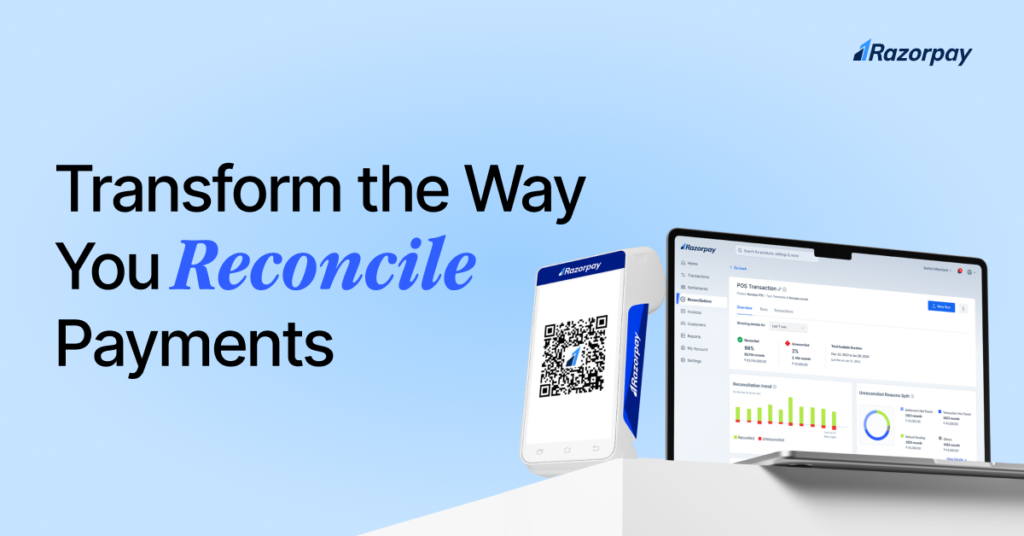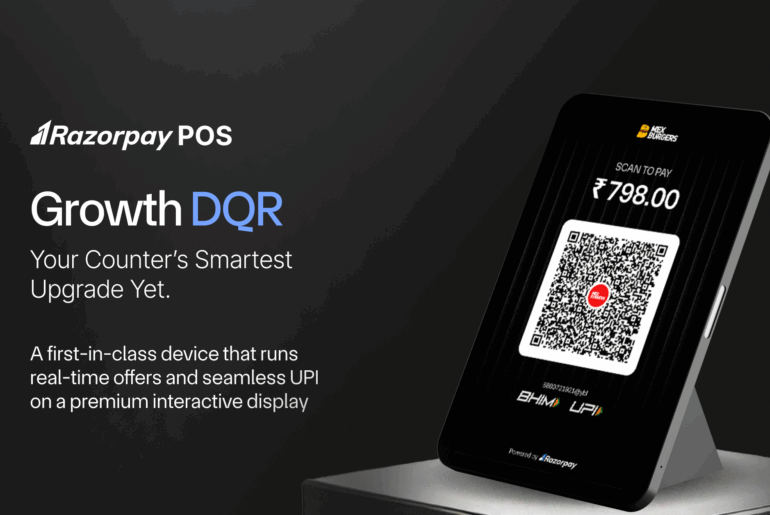In today’s fast-moving world, accepting payments is just the first step. Behind the scenes, businesses are handling hundreds, sometimes thousands, of transactions daily across card machines, QR codes, UPI, cash pickups, third-party apps, and online gateways.
Managing all of this is no small task. Reconciling what was billed, what was collected, and what was finally settled into your account can quickly become overwhelming, especially when done manually.
If you’re finding it harder to keep up, you’re not alone. Research shows that over 60% of companies still rely on manual reconciliation, and 65% of FinOps teams’ time gets consumed by this task alone. Yet, as businesses grow and payment flows get more complex, traditional methods just don’t scale anymore.
Here are three unmistakable signs that it’s time for your business to move towards smarter, AI-powered reconciliation.
1. You’re spending hours (or days) in reconciliation
Manual reconciliation usually means juggling between spreadsheets, PDF settlement files, billing data, and bank statements; matching line after line, across systems that don’t always talk to each other.
What starts off manageable soon turns into an operational nightmare:
- Settlements are delayed because teams are stuck matching payments manually
- High risk of human error, leading to mismatches
- Staff burnout, as teams are stretched thin trying to close books on time
If reconciliation is becoming a bottleneck, slowing down your month-end closures or draining your team’s time, it’s a strong signal that you need automation.
Platforms like Razorpay Recon are built for modern business needs, capable of processing over a million records in just 40 minutes and delivering superior accuracy across all payment types, far beyond what manual efforts or basic automation can achieve.
2. Your payment ecosystem is more complex than ever
Businesses today are no longer operating on a single payment source. A single day’s sales can involve:
- Payments via multiple banks and card networks (HDFC, Axis, SBI, Amex, etc.)
- Cash pickups from CMS vendors
- Offline POS transactions, online PG payments, UPI, QR codes, cash — all flowing together
Each of these players sends separate reports, often in different formats. Reconciling them manually means navigating a sea of file formats, payout cycles, and differing tax/fee structures.
If your team struggles to consolidate or verify across these multiple sources, you’re running the risk of missed anomalies like extra commissions, tax deductions, fee errors, or even missing settlements.
Smarter reconciliation platforms like Razorpay are designed for this new reality. They allow you to reconcile across offline, online, and third-party aggregators, even if the data comes from non-integrated platforms, and unify everything into a single view.
Whether it’s a sale at your flagship store, an UPI payment at a kiosk, or a bulk order fulfilled via a marketplace, smarter recon ensures no transaction slips through the cracks.
3. You have no easy way to track unreconciled or disputed payments
Finding a mismatch is only half the battle. What matters is what happens next:
- How quickly can you identify why a transaction failed to reconcile?
- Can you escalate anomalies internally for quicker resolution?
- Can you track closure actions for audits or compliance?
If your current process ends at “flagging” mismatches without helping resolve them, you are only addressing half the problem.
While many solutions simply highlight payment mismatches, Razorpay Recon helps you close the loop:
- Assign mismatches as “cases” to team members
- Track resolutions on a single dashboard
- Maintain complete audit trails for compliance and reporting
- Customize reports to your internal accounting formats
This shift from “detect and dump” to “detect and act” is where true operational efficiency lies.
Where Do You Go From Here?
As your business grows, payments get more diverse, and financial scrutiny increases, the need for smarter, AI-powered reconciliation becomes unavoidable.
Solutions like Razorpay Recon are designed to meet this challenge, helping businesses automate reconciliation across billing, transactions, settlements, and even third-party aggregators, all while offering powerful analytics, custom reporting, and post-recon workflows.
By moving towards intelligent reconciliation today, you’re not just saving time, you’re protecting revenue, improving compliance, and building a stronger, more agile business for tomorrow.



